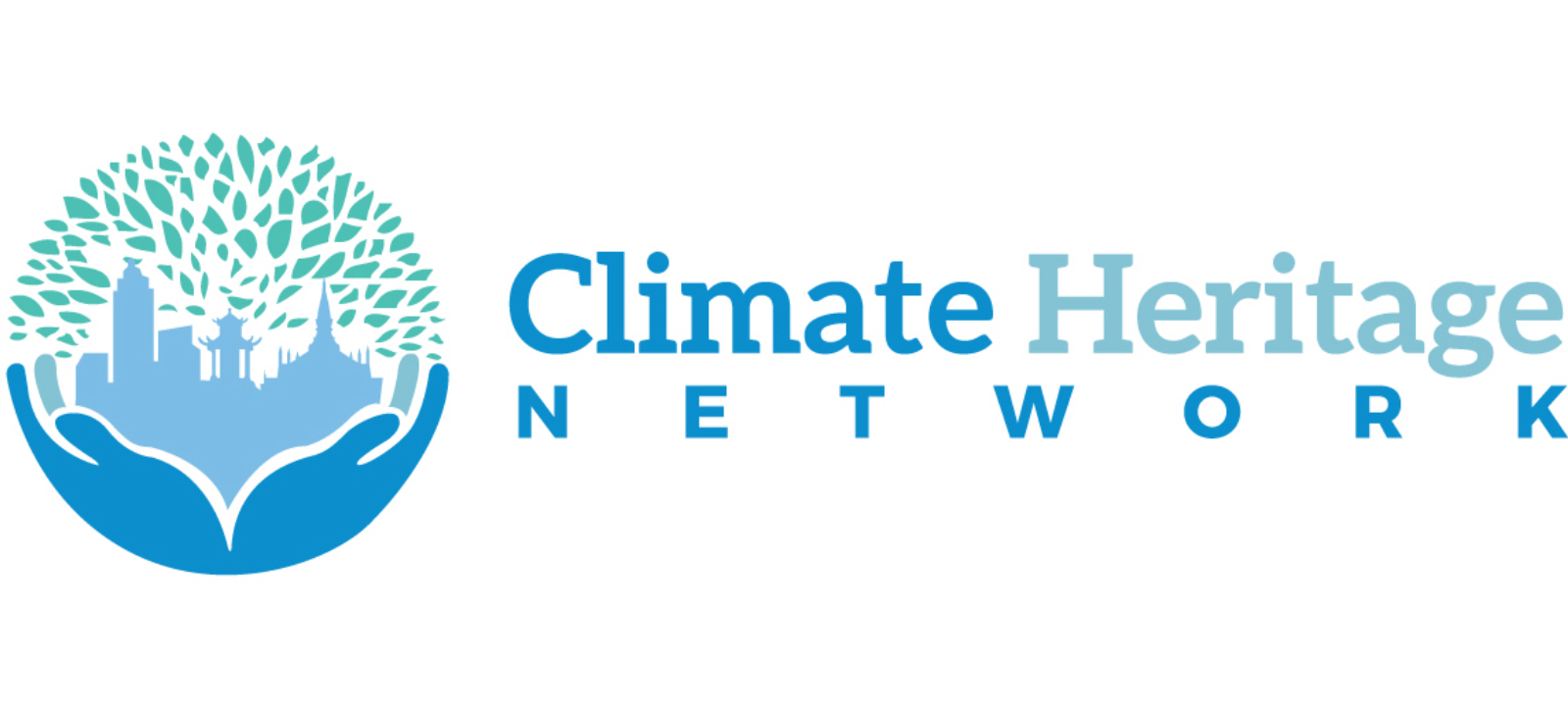Docomomo US has signed on as an endorsing organization of the Climate Heritage Network, a voluntary, mutual support network of local and city, state/provincial and regional, indigenous peoples’, and national arts, culture and heritage governmental and quasi-governmental boards, offices, ministries and site management agencies as well as NGOs, universities, businesses and other organizations committed to aiding their communities in tackling climate change and achieving the ambitions of the Paris Agreement.
At its most recent meeting, the Docomomo US Board of Directors voted and unanimously agreed to sign the Memorandum of Understanding (MOU), which expresses a commitment to "strengthening efforts to address climate change and support communities in achieving the decarbonization goals and other ambitions of the Paris Agreement, emphasizing (i) that arts, culture and heritage are both impacted by climate change and an asset for climate action; and (ii) that arts, culture and heritage (including sites and landscapes, institutions and collections as well as creativity, intangible heritage, traditional ways of knowing and practices) constitute an invaluable resource to help communities reduce GhG emissions and strengthen adaptive capacity, even while the risks to those resources from climate impacts must also be addressed."
The Climate Heritage Network first began to mobilize in 2018 and officially launched in 2019. At the 2019 UN Climate Change Conference known as COP25 held in Madrid, Spain, the Network released its first action plan to help mobilize arts, culture and heritage for climate action. The Madrid-to-Glasgow Arts, Culture and Heritage Climate Action Plan includes eight scalable, culture-based climate action tools and policy solutions:
- Communicating the connection between cultural heritage and climate action
- Valuing traditional knowledge
- Making the case for building reuse through better metrics for avoided operational and embodied carbon
- Mainstreaming culture and heritage into climate planning
- Using culture to promote climate resilient sustainable development
- Coordinating cultural heritage safeguarding and climate action
- Supporting climate action by local communities and indigenous peoples
- Building the arts, culture and heritage constituency for COP26
Docomomo US is currently considering how we can deploy the goals of this agreement in our ongoing programming.
If you are interesting in collaborating in this effort, please contact us at info@docomomo-us.org.
